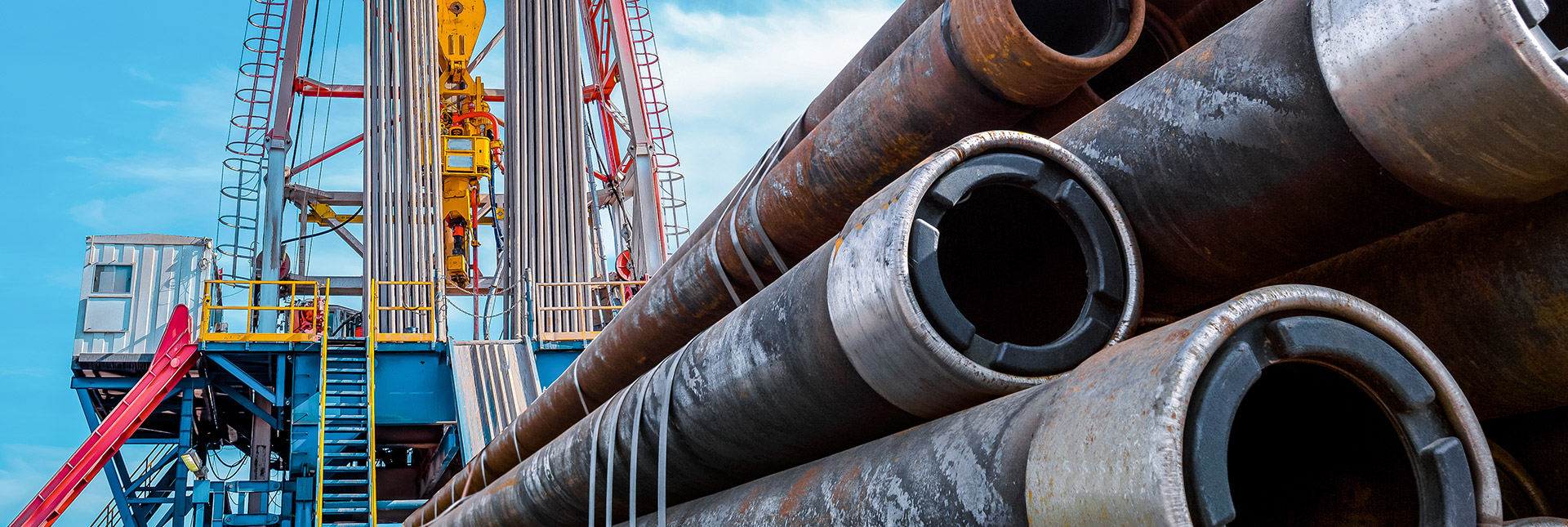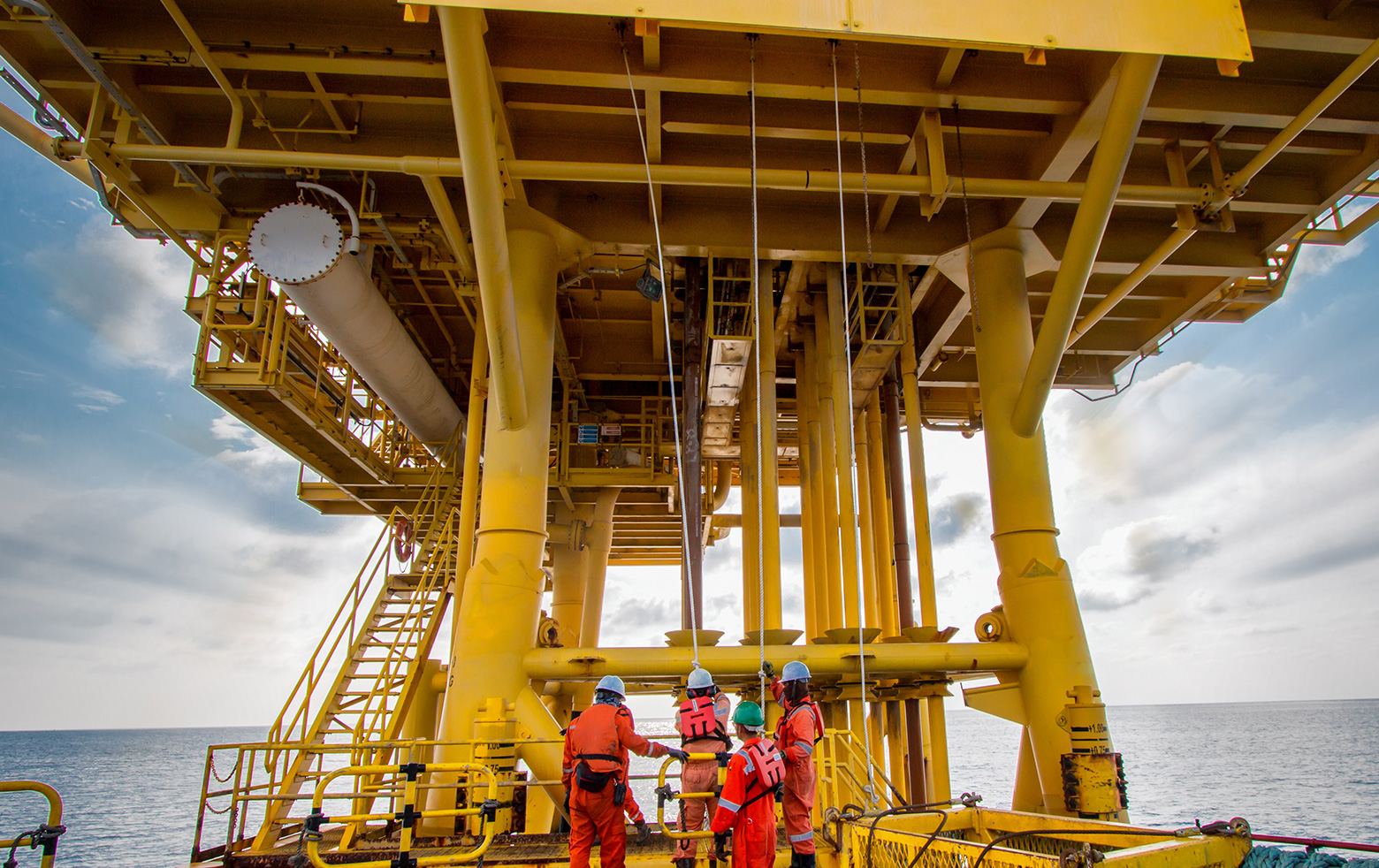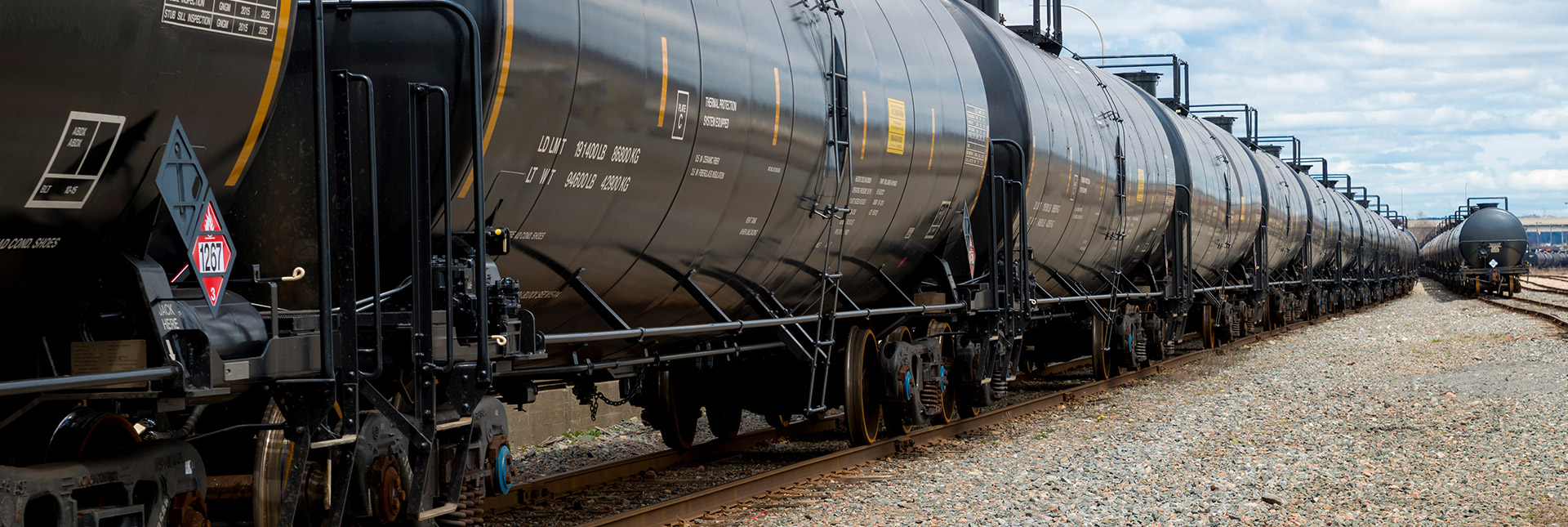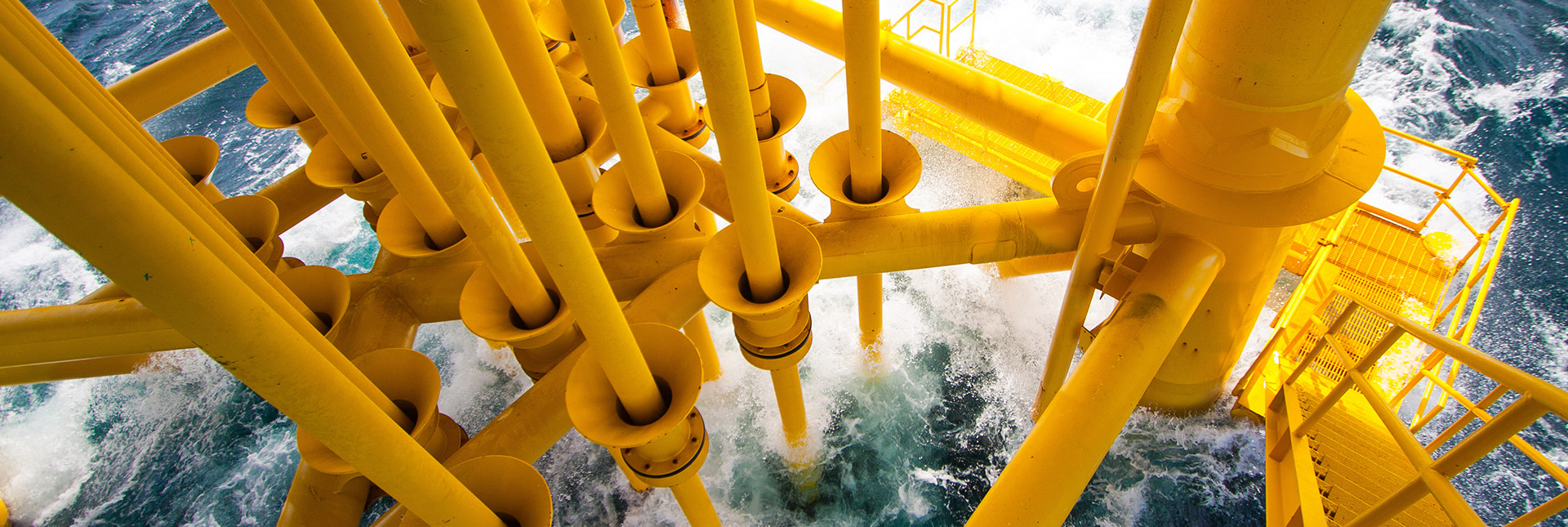The LOTOS Group’s exploration and production activities in Poland are conducted through its subsidiaries and jointlycontrolled entities under a total of nine licences, including: three offshore oil and gas exploration, appraisal and production licences covering the Łeba, Rozewie and Gotland areas, and four offshore licences for the production of hydrocarbons from the B3, B8, B4 and B6 fields. Until 2021, LOTOS Petrobaltic also held interests in onshore licences in Poland: 49% interest in the joint licence with PGNiG S.A. in the Górowo Iławeckie area and 100% interest in the Młynary licence area. In 2021, a decision was made to relinquish interests in onshore licences.
Crude oil and associated natural gas are produced from the B3 field using the Baltic Beta rig and the PG-1 unmanned drilling rig. All produced crude oil is transported by tankers and sold to Grupa LOTOS S.A. Natural gas is transported via a subsea 80 km pipeline to the CHP plant in Władysławowo, owned by Energobaltic Sp. z o.o. (wholly-owned subsidiary of LOTOS Petrobaltic).
Oil production from the B8 field is carried out by the Central Production Facility. All produced crude oil is transported by tankers and sold to Grupa LOTOS S.A. Natural gas is transported via a subsea pipeline to Energobaltic’s CHP plant in Władysławowo.
In September 2021, the CALM buoy and the transmission infrastructure components were replaced, and its anchoring system on the B8 field was strengthened. Another tanker providing oil storage and transport services was also contracted through Miliana Group companies; the B8 field tanker was replaced in November 2021.
In 2021, the Petro Giant drilling rig continued workover activities on the B3 field (production wells in the PG-1 unmanned platform area, B3-5 subsea production well and B3-13C well (sidetrack of the B3-13B well)). The ongoing well workover programme is designed to maximise recovery rates and enhance production.
Sea logistics services in the Baltic Sea region are provided by the Miliana Shipholding Group. These services include, but are not limited to: collection and storage of crude oil in the production area, transport of crude oil from the fields to the port, rescue assistance for the platforms, transport of personnel, equipment and materials as part of handling the current processes and work on the platforms, as well as specialized work related to the replacement of infrastructure on the operated fields.




